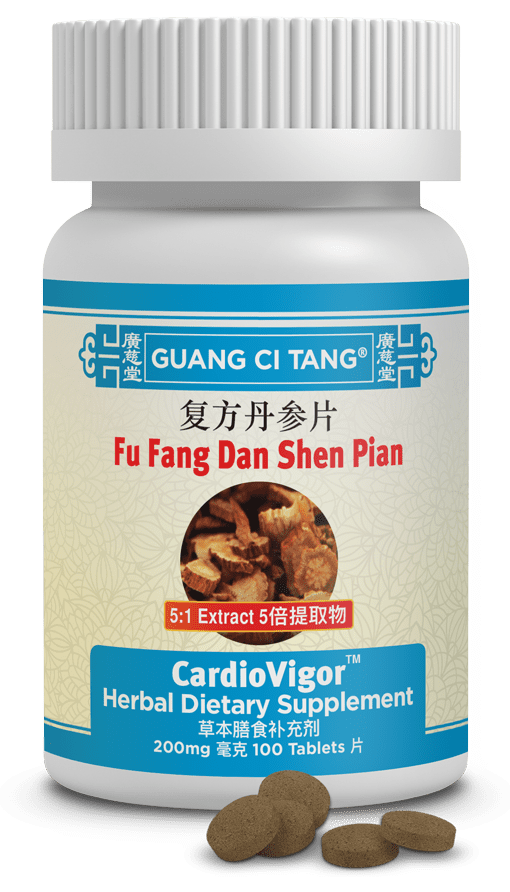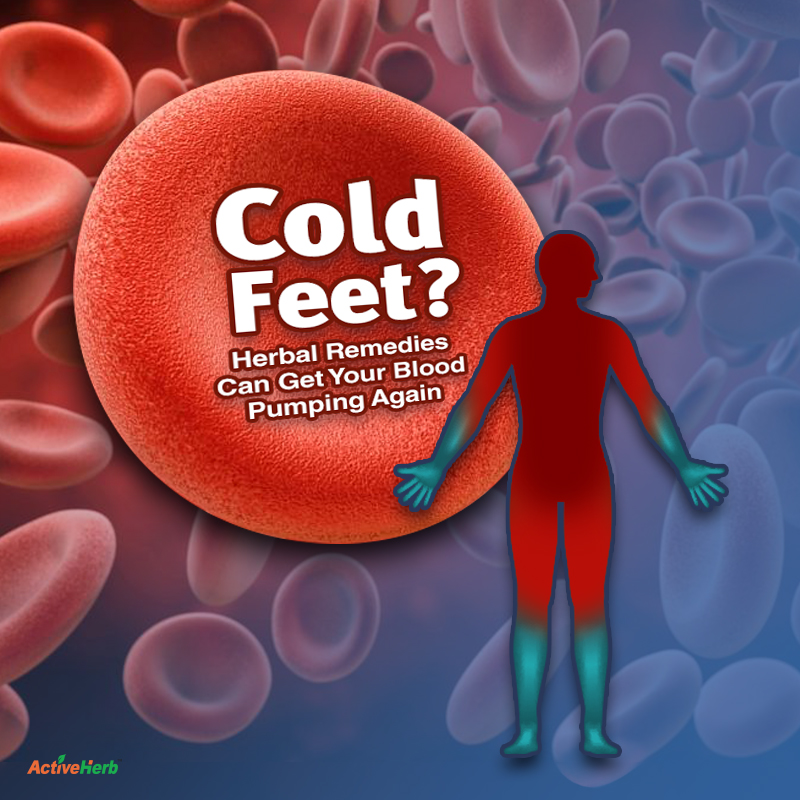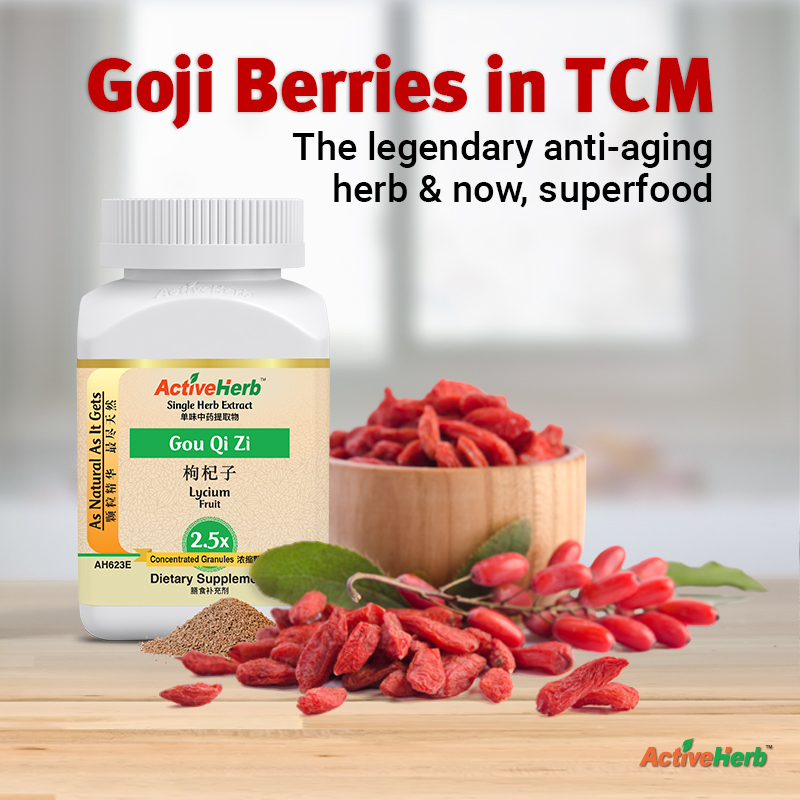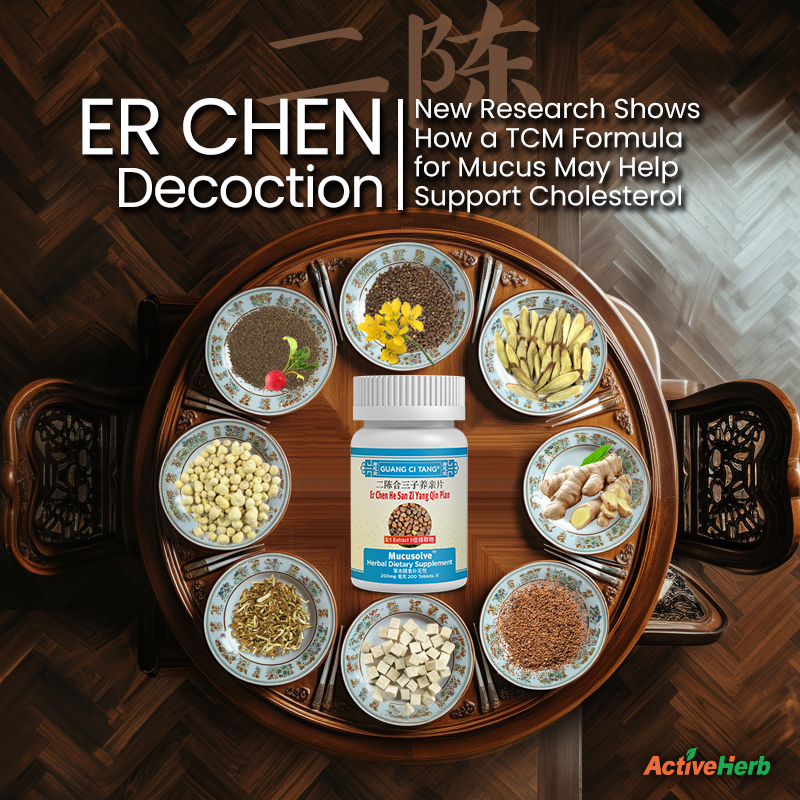Spice Up Your Life for Heart Health, Suggests Massive New Study
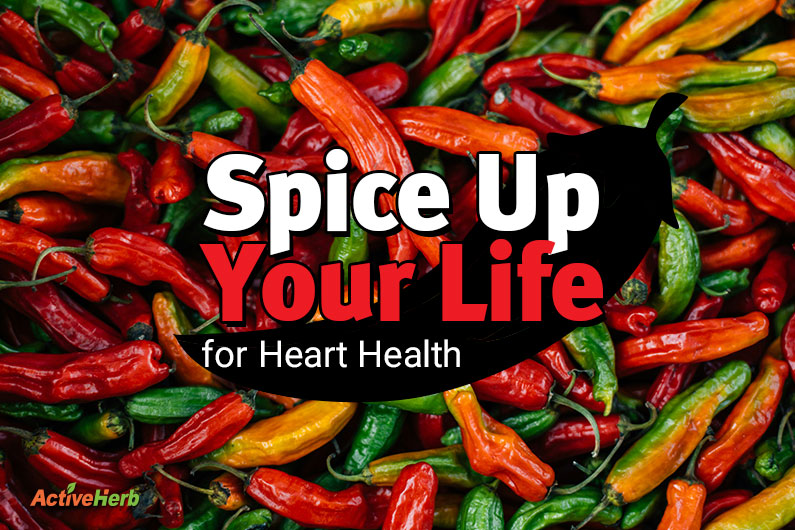
Could the chili pepper, a staple of Sichuan hot pots and Hunan stir-fries, do more than titillate your taste buds? Researchers analyzed data from 486,335 Chinese adults, tracking their health for over 12 years. The goal was to see if regular spicy food consumption affects the risk of vascular diseases, including ischemic heart disease (IHD) and major coronary events (MCEs).
Participants were grouped by how often they ate spicy food: less than once a week, 1–2 days/week, 3–5 days/week, or almost daily (6–7 days/week). Researchers also considered spice intensity, the types of chili products consumed, and lifestyle habits like smoking, drinking, and exercise.
The Key Findings
The findings, published in the Chinese Medical Journal, compared those who ate spicy food regularly to people who consumed it less than once a week. Here are the results:
- 1–2 days/week: 5% lower risk
- 3–5 days/week: 4% lower risk
- 6–7 days/week: 3% lower risk
On the surface, these results may not seem like a “Stop the Presses!” moment. 3-5%? Big deal!
A 3–5% risk reduction doesn’t sound huge, especially when you think in individual terms. But here’s the thing. For a huge population, especially the half a million people studied, and by extension, the billion-plus in China, a consistent 3–5% reduction in vascular disease may translate into tens of thousands of fewer cases over time. That’s significant from a public health perspective.
It’s also important that this is dietary behavior typical in traditional Chinese cooking, not a prescription drug. Even modest effects from something people already enjoy eating like chili peppers can compound over decades.
Moreover, the reductions were consistent across vascular disease, ischemic heart disease and major coronary events. This makes the findings more impressive.
Who Benefits The Most From Spicy Food?
The link was especially strong for ischemic heart disease and major coronary events. Younger adults and those living in rural areas appeared to benefit the most. Interestingly, people with a generally healthy lifestyle (non-smokers, moderate drinkers, active, healthy weight) saw even stronger heart-protective associations when spicy foods were part of their routine.
Why Spicy Might Help the Heart
The researchers point to capsaicin, the compound that gives chili peppers their heat, as a likely reason for the heart benefits. Previous studies suggest capsaicin may:
- Improve cholesterol and bile acid balance
- Support healthy blood vessel function by increasing nitric oxide production
- Reduce oxidative stress and boost antioxidant enzyme activity
From a doctrine of signatures perspective, it makes sense that chili peppers may support heart health. Their vibrant red hue mirrors the color of the heart and blood, suggesting they play a role in dispersing Cold, and invigorating circulation of Qi and Blood. Even their fiery heat echoes the warmth and vitality associated with strong Heart Yang in TCM.
While too much heat can be harmful for some constitutional types, moderate amounts may help keep the cardiovascular system in balance.
[Do you know your constitutional type? If not, find out here.]
How Often Should You Eat Spicy Food and How Hot?
In this study, benefits were seen even at moderate spice intensity and with a few servings per week. If the thought of eating chili peppers makes your stomach squeamish, the good news is that frequent red chili pepper consumption wasn’t necessarily better. In fact, daily high-intensity spice didn’t show stronger protection than moderate consumption.
The main sources of spice included fresh and dried chili peppers, chili oil, and chili sauce. The type of chili didn’t seem to drastically change the results. But fresh and dried varieties were most common.
Who Shouldn’t Consume Spicy Food?
For most people, a few fiery meals a week don’t just enhance the gastronomic experience. Keeping it moderately spicy, the study suggests, could also contribute to long-term heart and vascular health. If you enjoy spicy food, this research suggests there’s no need to hold back, especially if you have a generally healthy lifestyle.
Of course, TCM reminds us that balance matters. People with excessive internal heat, Yin deficiency, or certain digestive conditions should be cautious with chili peppers. (Read the following like a pharmaceutical commercial: If you have any gastric problems, consult with your physician whether red hot chili peppers are right for you.)
As always, tailor your diet to your constitution and needs.
If you’d like to support your cardiovascular health the natural way (without chili peppers), explore ActiveHerb.com’s formulas that promote healthy circulation and balance Heart Qi.
Supporting Circulation and Heart Health with TCM Formulas
If spicy food isn’t your style—or you want extra support—TCM offers targeted herbal formulas to keep your heart and circulation in balance. Here are a few to consider:
For healthy circulation:
CircuFine™ (Huo Xue Tong Mai Pian) – Promotes smooth Qi and Blood flow, especially helpful for those with occasional stagnation that can affect cardiovascular health.
For nourishing the Heart and calming the Shen:
SpiritCalm™ (An Shen Bu Xin Pian) – Supports Heart Yin, nourishes Shen (Spirit), and promotes restful sleep—ideal if stress or restlessness impacts your heart.
For Yin Deficiency with excess internal heat:
YinVive™ (Liu Wei Di Huang Pian) – Classic formula for replenishing Kidney and Liver Yin, helping to cool internal heat and maintain balance.
For supporting overall Heart Qi:
CardioVigor™ – Strengthens Heart Qi while invigorating circulation and supporting cardiovascular function from a TCM perspective.
As always, choose formulas based on your constitution and consult with your TCM practitioner for the best fit. What do you think about spicy food for heart health?
Reference:
You, Dongfang, et. al., on behalf of the China Kadoorie Biobank Collaborative Group. Spicy food consumption and risk of vascular disease: Evidence from a large-scale Chinese prospective cohort of 0.5 million people. Chinese Medical Journal.138(14):p 1696-1704, July 20, 2025.



